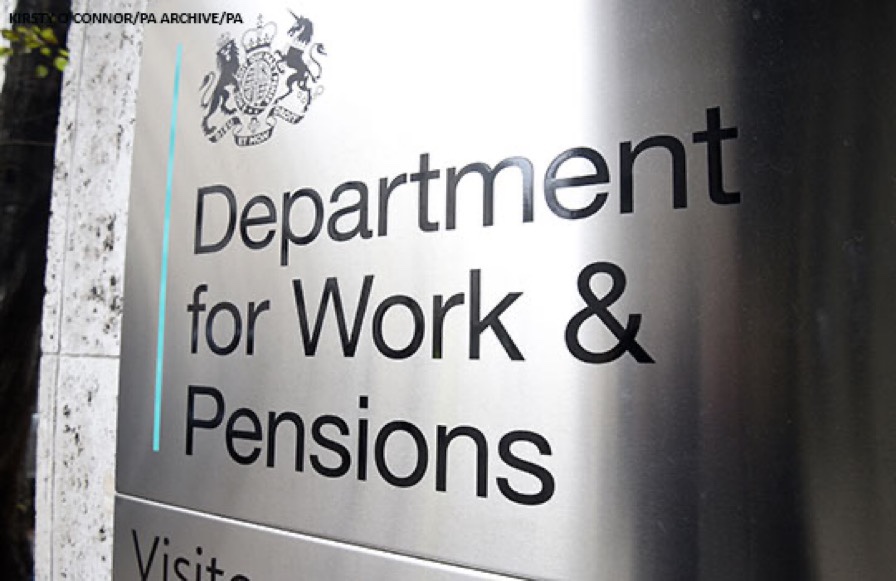Half of Brits have stopped paying into their pensions

The cost of living crisis is already impacting on our futures: Nearly half of Brits have cut or stopped payments into their pensions, investments and savings
46% of Brits have reduced or stopped payments into their pensions, investments or savings over the past 12 months
The cost of living crisis is the main reason why they have stopped saving for the future
43% say they are now thinking in a more short-term way
Women are more likely to have been hit by the crisis – resulting in more women seducing their future savings than men
On top of hitting our wallets now, the cost of living crisis risks putting the financial future of many Brits in jeopardy, according to new data from price comparison website NerdWallet.
The survey of 2,000 adults in the UK shows that almost half (46%) of Brits have either reduced or stopped paying into their savings, investments, or pensions altogether, citing the crisis as their number one reason for doing so.
Seeing it as a somewhat short-term fix, 63% of those surveyed who had either reduced or stopped paying into their savings, investments or pensions stated they planned to start contributing again within six months, and 14% said they hope to do so between nine and 12 months’ time.
However, one fifth of those who had reduced or stopped saving or investing said they were unsure when they would be able to resume their previous level of savings, while 3% claimed they never plan to.
Richard Eagling, pensions expert at NerdWallet, said: “The cost of living crisis is having a negative impact on individuals and families right now, curtailing their ability to save, invest or contribute to their pension. People are having to take these more severe measures to plug the financial gaps they face, decisions which will sadly have a negative impact on their long-term finances if they are unable to reverse them soon.”
Women are slightly more likely to have been affected by the cost of living crisis, with 47% of women having reduced the amount of money they are saving, compared to 44% of men. Similarly, 41% of women said they cannot afford to save as they need to spend all of their income in order to meet the basic costs of living, compared to only 35% of men.
Age also had an impact: Gen Z appears to have been hit the hardest, with 59% of 18- to 24-year-olds surveyed having reduced their savings over the last 12 months. In contrast, the 45 to 54 age group appears to be the least affected – just over a third (36%) opted for a reduction in the amount they save.
Women Men
Have stopped or reduced their saving 47% 44%
Are continuing to save as normal 43% 41%
N/A – Haven’t got any savings 10% 15%
Breakdown of answers when asked “When planning for the future have you stopped paying into, or reduced the amount going into savings, investments or pensions, over the last 12 months?” by gender
18*24 25-34 35-44 45-54 55-64 65+
Have stopped or reduced savings 59% 50% 44% 36% 43% 47%
Are continuing to save as normal 28% 35% 44% 47% 51% 40%
N/A – Haven’t got any savings 13% 15% 13% 17% 6% 13%
Breakdown of answers when asked “When planning for the future have you stopped paying into, or reduced the amount going into savings, investments or pensions, over the last 12 months?” by age group
The potential impact that these decisions are likely to have on the future savings of those making them hasn’t gone unnoticed; 43% of those surveyed said they believed the current financial crisis has resulted in them thinking more short term. This short-term financial outlook has become most prevalent among 25- to 34-year-olds, with over half (54%) adopting this mindset .
The research also found that more than a fifth (22%) of UK adults are unsure how to best invest for their future and one in 10 is concerned they’ll never have enough to retire anyway. Furthermore, 13% of people said they did not have any kind of savings, investments or pension at all.
Eagling added: “Saving for the future is something we all need to do – especially with the state pension age set to rise. It is important that individuals understand the potential impact of reducing or stopping their savings, investments or pensions and how this could hamper their attempts to reach their life goals such as a comfortable retirement. In particular, those who are looking to cut their pension contributions should not overlook some of the key benefits that a private pension can provide such as tax relief and employer contributions.”




